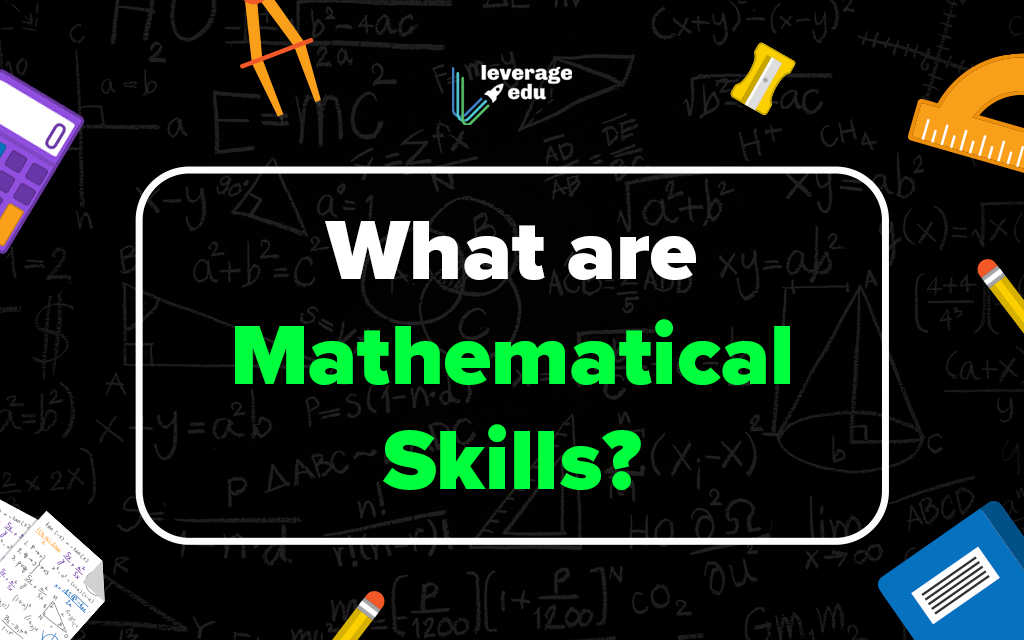
Essential Math Skills for Coding Success From Arithmetic to Geometry In the world of coding and programming, a strong foundation in mathematics is often considered a valuable asset. While the level of math required can vary depending on your specific role, there are several fundamental math skills that can greatly benefit aspiring and seasoned coders alike. This article explores these essential math skills, ranging from basic arithmetic to geometry, and highlights their relevance in the world of coding.
Arithmetic Proficiency:At the core of mathematics is arithmetic, which includes fundamental operations like addition, subtraction, multiplication, and division. A solid understanding of arithmetic is essential for basic coding tasks and calculations.
Binary and Boolean Logic:Binary numbers and Boolean logic form the building blocks of computer operations. A coder’s ability to comprehend and manipulate binary (0s and 1s) and work with Boolean logic (true/false) is fundamental to writing efficient and error-free code.
Geometry for Graphics:If you venture into fields such as gaming, multimedia, or any domain involving graphics, a basic grasp of geometry concepts becomes invaluable. Understanding geometric principles is crucial for tasks like rendering 2D and 3D graphics, collision detection, and spatial transformations.
Algorithmic Thinking:While not strictly a branch of mathematics, algorithmic thinking is a fundamental skill for coders. It involves breaking down complex problems into step-by-step procedures, often using mathematical concepts to create efficient algorithms.
Statistics and Probability:In data science, machine learning, and various analytics roles, knowledge of statistics and probability is indispensable. These mathematical tools are used for data analysis, predictive modeling, and decision-making.
Linear Algebra:For those involved in computer graphics, machine learning, or simulations, linear algebra plays a pivotal role. Concepts like vectors, matrices, and transformations are fundamental in these domains.
Calculus (Advanced Roles):While not a prerequisite for all coding roles, advanced positions in fields like scientific computing, data analysis, or game physics may benefit from a deeper understanding of calculus concepts, such as derivatives and integrals.
Problem-Solving Skills:Beyond specific mathematical knowledge, the ability to think critically and solve complex problems is paramount for coders. Mathematics often serves as a tool to tackle these challenges effectively.
Mathematics is the underpinning of many coding tasks and provides the logical foundation upon which computer programs are built. While the depth and breadth of mathematical knowledge required may vary depending on your coding specialization, a strong understanding of basic math, binary and Boolean logic, and potentially geometry is essential for most coding roles. Embracing these mathematical fundamentals equips coders with the skills needed to write efficient, reliable, and innovative code across a wide range of applications.

